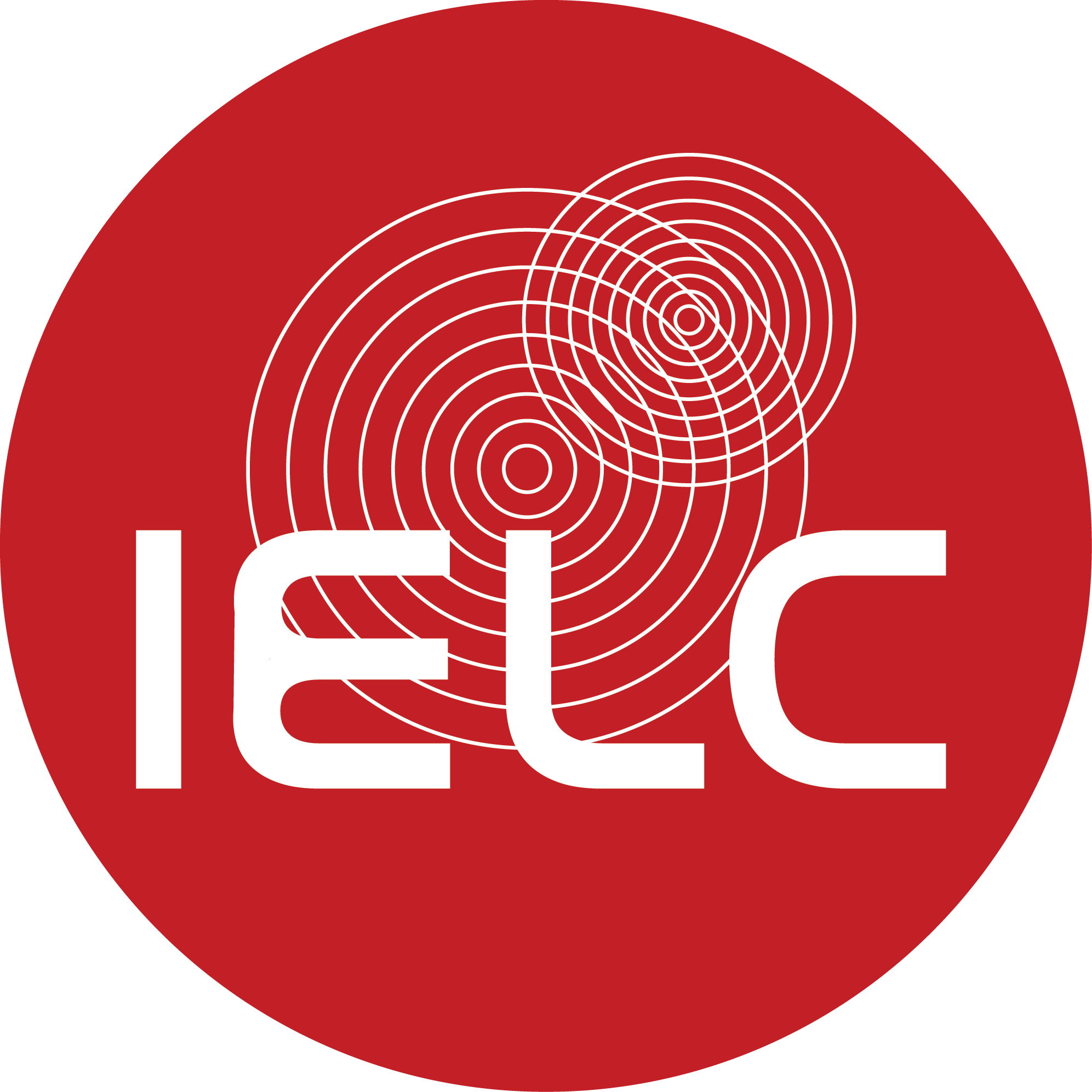| Special Journal Issue How Successful Secondary School Principals Enact Policy |
||||
|---|---|---|---|---|
Theme |
How Successful Secondary School Principals Enact Policy The issue draws upon empirical evidence from a UK Economic and Social Research Council (ESRC) and HK Research Grants Council (RGC) jointly funded bilateral project (ES/J017035/1) on how ‘successful’ secondary schools in England and Hong Kong mediate government policies in furthering their own broad improvement agendas. The research was guided by three broad questions: 1) How do leaders in successful secondary schools across different contexts respond to government systemic reforms? 2) What key challenges and issues do they face in sustaining academic standards for all whilst forwarding their broader educational success agendas? 3) How and to what extent do school leaders at all levels in these schools maintain a strategic and operational focus on the leadership of learning and teaching whilst managing wider structural and cultural changes? |
 |
||
Issue Co-editors |
 |
Professor Gu Qing Professor of Education School of Education Jubilee Campus The University of Nottingham UK Senior Research Fellow Asia Pacific Centre for Leadership and Change The Education University of Hong Kong China |
 |
Professor Christopher Day Professor of Education School of Education Jubilee Campus The University of Nottingham UK Senior Research Fellow Asia Pacific Centre for Leadership and Change The Education University of Hong Kong China |
 |
Professor Allan Walker Joseph Lau Chair Professor of International Educational Leadership Dean of Faculty of Education and Human Development Director of The Asia Pacific Centre for Leadership and Change The Education University of Hong Kong China |
 |
Professor Kenneth Leithwood Professor Educational Leadership and Policy Ontario Institute for Studies in Education University of Toronto Canada |
|
| Contributors |
|
|||
|
||||
|
||||
|
||||
|
||||
|
||||

